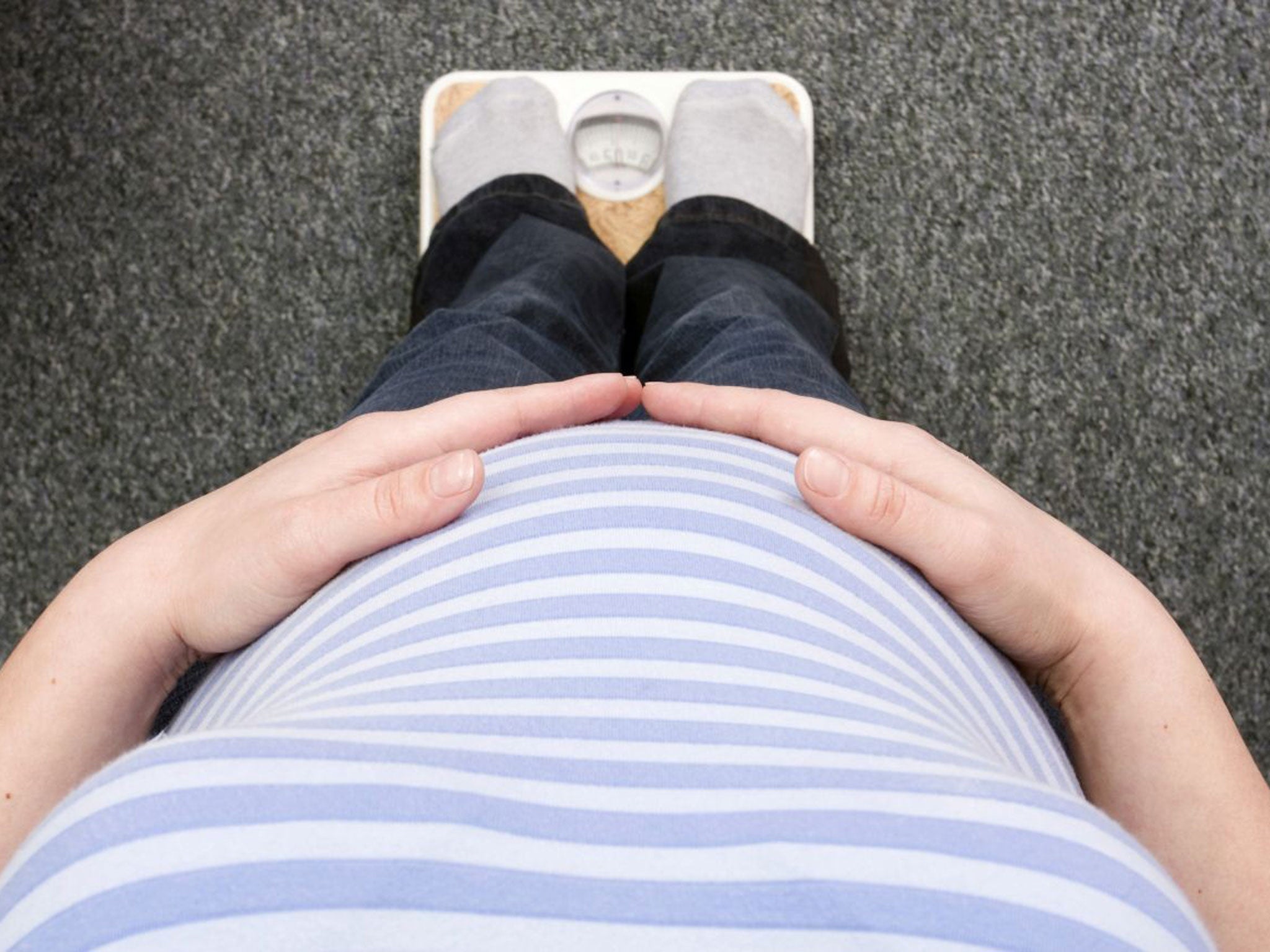Extra inches on waistline ‘biggest risk for heart disease,’ scientists find
Risk increases 11 per cent with every additional inch, Thomas Kingsley reports


Every additional inch on the waistline increases the risk of heart failure by 11 per cent, research shows.
Analysis of health data on adults aged 40 to 70 showed weight circumference is the biggest risk factor over other obesity measures such as body mass index (BMI) which measures the mass and height of a person.
The 13-year study conducted by Oxford scientists found extra pounds around the belly are far more important than overall weight. Research revealed that the risk of heart attacks and cardiac arrests increased by four per cent for every centimetre on the waistline.
Health experts say everyone should measure themselves annually to check if they are building up dangerous fat around their organs.
Lead researcher Dr Ayodipupo Oguntade said: “The amount of fat people carry around their trunk is more important in tracking body fatness and cardiovascular risk.
“We know that visceral adipose tissue – the fat around the organs in the abdomen – is very active and contains a lot of inflammatory factors that can cause cardiovascular disease.”
The research, being presented at the annual meeting of the European Society of Cardiology in Barcelona, showed those with the biggest waistlines were 3.21 times more likely to suffer heart failure. And those with the worst waist-to-hip ratio measurement were 3.34 times more at risk than slimmer specimens.
Tam Fry, chairman of the National Obesity Forum, said: “Ideally you should have a piece of tape measuring half your height somewhere handy in the bathroom.
“If it fits snugly around your bare waist you’re in a ‘healthy’ weight range.
“If it doesn’t, seriously consider cutting down on the sugary snacks which probably caused your spare tyre and sensibly reduce your risk of any heart problem.”
The Oxford study also showed that every extra unit of BMI increased the chances of heart failure by nine per cent. Heart failure is a long-term condition where the organ is unable to pump blood around the body properly. Symptoms are breathlessness after activity, feeling tired most of the time, feeling light-headed or fainting.
The correct point to measure the “waistline” is around the trunk about an inch above the belly button.
In Japan employers and local government must measure and record the waistlines annually of everyone aged 40 to 74. There, a state-prescribed limit for male waistlines of 33.5 inches.
James Leiper, associate medical director at the British Heart Foundation (BHF), said: “A larger waist measurement is often a sign that you have too much visceral fat, which sits around our internal organs and impairs the way our heart and blood vessels function.
“Heart failure is a chronic and incurable condition that worsens over time, so these findings underline the importance of managing your weight now.
“People who carry more weight around their middle have an increased risk of higher cholesterol, high blood pressure and Type 2 diabetes.
“These risk factors are all closely linked with heart and circulatory diseases, which can then increase the risk of heart failure.”
Participants had an average age of 56 and over the 13-year period there were 8,669 first-ever heart failure events. Many of these events resulted in death.
The absolute risk of heart failure in the study population was two per cent.
Dr Oguntade said his team’s analysis disproves the so-called “obesity paradox” theory from previous studies which suggested that for some people, such as the elderly normal to low BMI may be detrimental.
He said they proved no level of extra “fatness” boosted health because any extra BMI points or inches on the waistline increased heart failure risk.
In April the National Institute for Health and Care Excellence (Nice) advised Brits to keep their waistline less than half of your height.





Join our commenting forum
Join thought-provoking conversations, follow other Independent readers and see their replies
Comments